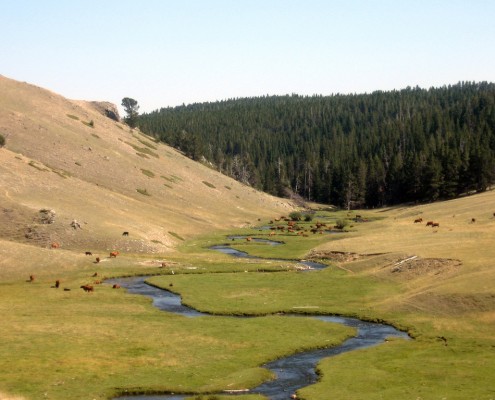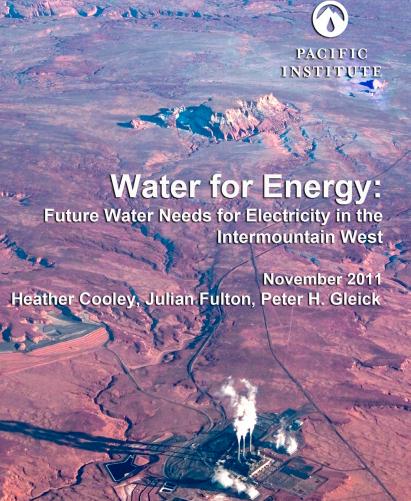Posts

The Stream, March 27: Uncertain Future for Shale Gas in Poland
0 Comments
/
Shale gas drilling is off to a disappointing start for investors…

The Stream, March 2: Where Did The Brahmaputra River’s Water Go?
As water levels dropped three meters (10 feet) in India's Brahmaputra…

The Stream, January 20: Mongolia’s Mining Boom
Vast mineral wealth and growing demand from China are driving…

The Stream, January 5: Qatar’s Food Security
Unlike the other oil-rich, water-poor Gulf states, by 2024 Qatar…

The Stream, January 4: China’s Largest Freshwater Lake Shrinks
Poyang Lake, China's largest freshwater lake, currently has less…

The Stream, November 17: Water Use in U.S. Power Plants
Coal-fired plants account for 67 percent of the freshwater withdrawals…

Pacific Institute Report: Setbacks and Solutions of Water-Energy Clash in U.S. Intermountain West
At the forefront of a national trend, this region is already suffering from intense conflicts that willy only worsen with climate change and population growth. However, the report also highlights several ways to dramatically reduce the water requirements for electricity generation.

The Stream, September 30: Water, Energy, Food
Shale gas will not solve Britain’s energy problems, an Economist…

The Stream, September 28: Future of Food Insecurity?
Nowhere are the impacts of climate change more pronounced than…

The Stream, September 27: Water (In)Efficiency Around the World
There is enough fresh water in the world to meet the soaring…

U.S. Defense Department Surpasses Water Conservation Goal, Misses Energy Targets
Several laws, executive orders, and directives guide the department’s conservation plans, but wartime operations can throw a wrench in the system.

Supreme Court Ruling Tests Boundaries of Water Supply and Energy Production Along Montana-Wyoming Border
Montana and Wyoming have taken their transboundary water dispute to the Supreme Court. Wyoming won the first round. But others await in a case that will help decide how much water is really available to generate energy and to produce food in one of the nation’s driest regions, as well as who has access to that water.


